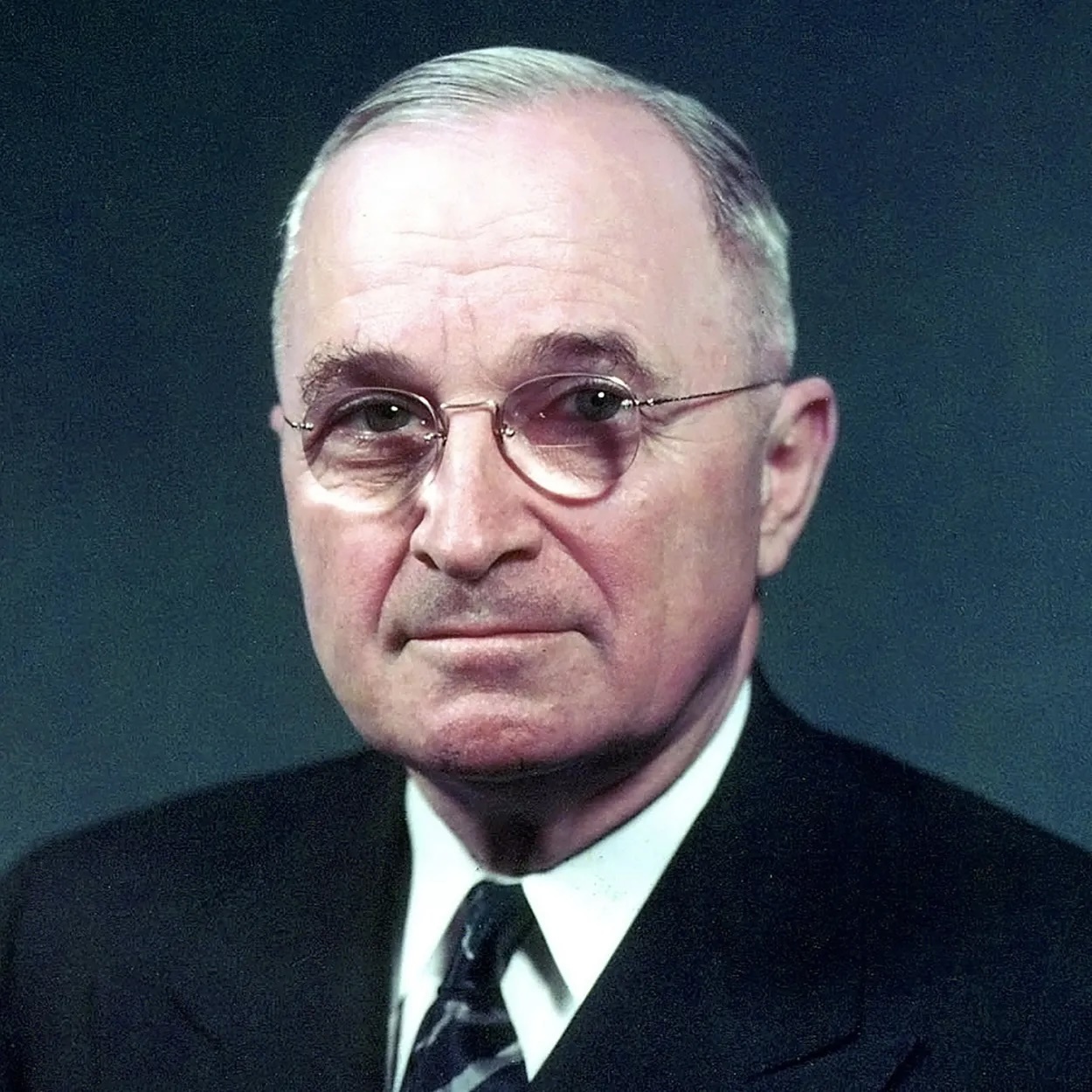Truman's Plan
Give 'Em Hell Harry
To understand the fuel for propaganda, one needs to understand the economic and political landscape that fueled the Cold War. Big Egos, Big Men, what could go wrong? Truman united America under American virtue which in of itself was American propaganda. This was counter to Stalin’s ideology: where Capitalism was inherently corrupt and leaving the disadvantaged on the streets in shapeless condition. Truman and his team espoused to the world that America was on the defense. Countless times, propaganda poked at Stalin’s decision making. From tales of growing up with a drunken father, Stalin was ruthless yet smart. Truman’s words pounced at this dark past, and used it as precedence for his European expansion. One may ask was America on the defensive? According to America, yes! America was 3,000 miles away from all the action, leaving only the other global superpower, the Soviet Union, able to fill the densely fill the vacuum of power in Europe.
So why the focus on Truman? America, at the time, was a projection of Truman. He led the country in his image. Truman was bold, just as Americans felt about their country, and cold & calculating—as Russians saw America. Truman did as Truman wanted: “Truman sent American troops to fight in Korea in 1950 without bothering to ask Congress for a declaration of war” (The Cold War 12). Now for some context, America and Russia were both very inexperience powers, as both were isolated and focused on their own scale coming out of World War 2. Truman would never accept Stalin’s viewpoint and relations finally weathered in 1946 due to clashing personas, ideologies, and finally images of both nations.
The reaction to the destruction of Hiroshima due to atomic weaponry is a prime example of their dichotomous personalities. Truman reacted with “this is the greatest thing in history”. Stalin proclaimed “the equilibrium has been destroyed“ (The Cold War 22). Both of their words were powerful propaganda, but Truman went further with his Munich analogy. He compared Stalin to Hitler and proclaimed that he was bent on world domination.. Heavy, heavy propaganda… Moreover, Truman was the Golden Boy. To the Communists, he, like America, represented “unconscious ethnocentric arrogance” (The Cold War 24). Truman was seen as virtuous and “Even those Americans who did not like Truman’s policies still envisaged their nation as the world’s virtuous leader” (The Cold War 25). Ultimately, Truman was cocky and cold and it was reflected in America’s boisterous propaganda to the world its image.
